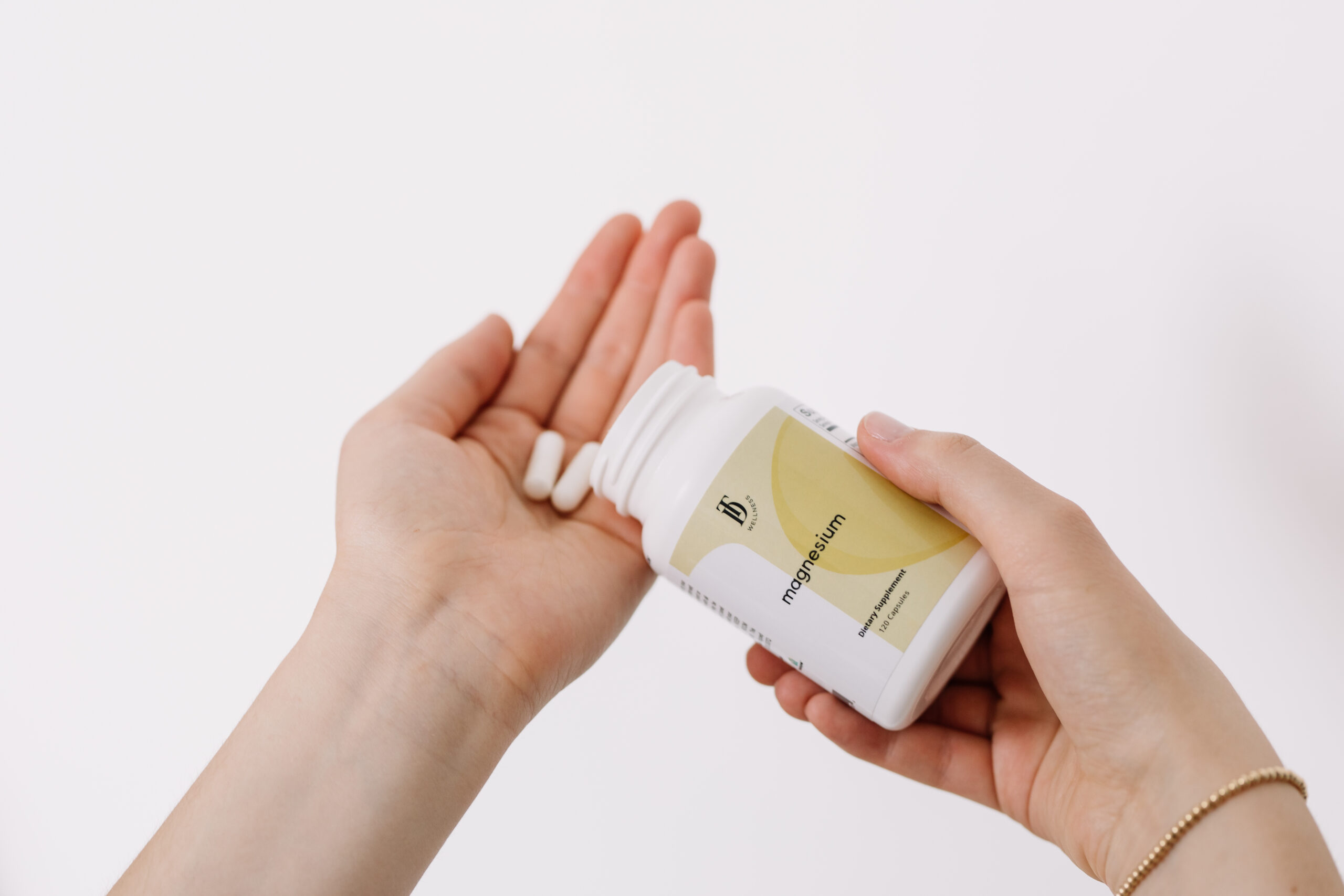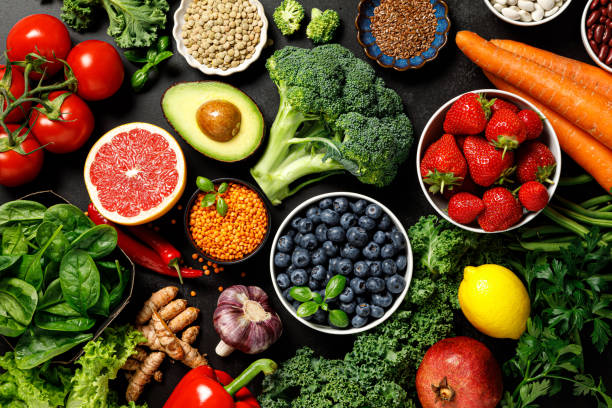Formula Comparison Guide
The topic of how and what to feed your baby can be such a loaded one. My goal in writing this post is to educate mamas who choose to formula-feed their babies on the options that are out there. For example, some babies cannot tolerate cow’s milk formula and need to try goat milk or a dairy-free formula.
I want to start out by sharing a few thoughts regarding feeding in general. I do believe breastmilk is the most nutritionally superior option when it comes to feeding a baby. That said, for different reasons, some mamas are not able to or choose not to provide their child with breastmilk. Whether because of adoption, cancer, or a variety of mental or physical challenges, it is simply not possible for all.
Personally, I formula-fed my firstborn son and I’m currently exclusively breastfeeding my second. I understand the difficulty and weight behind making decisions on feeding your baby. And that’s the reason I’ve created this formula comparison guide. I want this to be a valuable resource for moms who are going the formula route and still want to make an educated and intentional decision about what is best for their baby.
And remember, though this is a big decision in their first year of life, do not lose hope if you are sad that you have to give your baby formula, there are so many other choices you can make daily that contribute to their health and well being such as avoiding chemicals in laundry detergent and personal care products, introducing healthy solid foods when it’s time, bonding and loving on your baby and so much more!
I’m all about helping women and their babies have their best health wherever they’re at. So with that said, let’s dive in!
I’ve chosen some of my top choices in formula, and I’m giving you the basics from which to make comparisons and hopefully come to some decisions:
First, why are all of the vegetable and seed oils in baby formulas?
I want to start out by addressing the elephant in the room. As you will see, outside of the DIY formulas (and even some of those), every powder-based formula below is made with at least one highly processed vegetable or seed oil. Most of them contain multiple.
But wait, haven’t we been warned to stay away from these highly inflammatory, highly processed vegetable and seed oils?!
YES, we have! But here’s the deal with infant formulas. The FDA regulates that a certain percentage of caloric intake from infant formulas be attributed to certain fatty acids. You can check out more on that HERE if interested.
Commercial formula manufacturers, therefore, must reach their goal of a certain amount of required polyunsaturated Omega 6 fatty acids in their final product. Processed vegetable and seed oils are high in that composition, and therefore the natural solution to obtaining the FDA-regulated profile for formula.
As a health practitioner, it’s a big bummer to see such high levels of inflammatory oils in our best formula choices, but that doesn’t mean you can’t still choose the best formula for your own baby. They also don’t have methylated forms of folate(b9) or cobalamin (b12). The most important thing to consider is that just because one formula looks good on paper or works for your best friend’s baby does not mean it is the best formula for your baby.
For example, a cow’s milk-based formula may be the best thing ever for your friend’s baby and your child has an allergy and may need goat’s milk or an alternative. You are the mama and get to make a choice that works best for you and your sweet baby. I do not want you to feel like I am picking apart each formula but rather highlighting the pros and cons that you get to weigh out to make a decision. Remember there is nothing perfect, so you are just choosing the best option! And in this case, fed is best y’all!
Let’s look at each formula one by one:
Bobbie Organic Infant Formula – for 0-12 months
Source of Protein:
Organic Nonfat Cow’s Milk, Organic Whey Protein Concentrate
Positive:
-
Milk is from grass-fed cows via Organic Valley company
-
Tested for Heavy Metals
-
Certified Organic, Non-GMO
What I Don’t Like:
-
Contains soy
-
Contains sunflower and safflower oils
-
Contains synthetic forms of folate (folic acid) and vitamin c (ascorbic acid)
-
Non-fat milk
Burt’s Bee’s Infant Formula – for 0-12 months
Source of protein:
Organic Nonfat Cow’s Milk, Organic Whey Protein Concentrate
Positive:
-
Milk is from pastured cows
-
Certified Organic, Non-GMO
What I Don’t Like:
-
Contains soy
-
Contains palm, sunflower, and safflower oils
-
Contains synthetic forms of folate (folic acid) and vitamin c (ascorbic acid)
-
Non-fat milk
Organic Holle Goat Milk Formula (Use code TAYLORDUKES) – for 0-6 months
Source of protein:
Organic whole goat milk powder
Positives:
-
Goats are pastured on sustainable farms
-
EU Organic, Non-GMO
-
Soy-free
-
Non-cow’s milk option
-
Milk is not skimmed, but left whole
What I Don’t Like:
-
Contains rapeseed and sunflower oils
-
Contains synthetic form of folate (folic acid)
-
Harder to find/access in the states
HiPP Stage 1 Organic (Use code TAYLORDUKES) – for 0-12 months
Source of protein:
Pastured, organic skimmed cow’s milk, whey
Positives:
-
Cows are pastured on sustainable farms
-
EU Organic, Non-GMO
-
Soy-free
What I Don’t Like:
-
Contains palm, rapeseed, and sunflower oils
-
Contains synthetic form of folate (folic acid)
-
Harder to find/access in the states
Serenity A2 Toddler Formula (Use code TAYLOR15) – toddler, not infant, approved (*Note: This toddler formula contains the required FDA nutrients for infant formula, but they have not yet spent the money to go through the rigorous testing for the FDA evaluation process to be marketed as an infant formula. That said, there are many practitioners who are recommending serving sizes for infants. If this interests you, definitely talk to your child’s practitioner.)
Source of protein:
Organic A2 whole milk powder, whey protein concentrate
Positives:
-
Made with A2 cow’s protein, which is more similar to breastmilk protein + easier to digest than A1 cow’s protein
-
Cows are grass-fed, organic and formula is Non-GMO
-
Soy-free
-
Seed-oil free
-
Malk is not skimmed, but left whole
-
First 2 oils on the ingredient list are extra virgin olive oil and coconut oil
-
Uses non-synthetic form of folate, L-Methylfolate, which is easier to absorb
What I Don’t Like:
-
Contains palm oil
-
Contains synthetic form of Vitamin C (ascorbic acid)
Baby’s Only Pea Protein Toddler Formula – for 12-36 months
Source of Protein:
Organic pea protein
Positives:
-
Certified Organic, Non-GMO
-
Tested for Heavy Metals
-
Non-dairy formula option
-
Soy-free
-
Free of palm oil and corn syrup
What I Don’t Like:
-
The first ingredient is brown rice syrup
-
Contains canola, sunflower and safflower oils
-
Uses synthetic form of folate (folic acid) and does not contain Vitamin C
Sammy’s – toddler formula, for ages 12-36 months
Source of Protein:
Goat’s milk
Positives:
-
Goat’s milk is more easily digestible and less of an allergen than cow’s milk or soy for some people
-
GMO-free, pastured goat’s milk is dried on the farm and tested for herbicides and chemicals
-
Uses fish oil (which is tested for mercury + contaminants) and avocado oil instead of highly processed seed/vegetable oils
-
Uses a highly absorbable form of methylated folate versus cheaper folic acid
-
Simple, minimal ingredients
What I Don’t Like:
-
Contains synthetic form of vitamin C (ascorbic acid)
-
Ingredients are not certified organic
Kendamil – Stage 1, for babies 0-6 months
Source of Protein:
Organic + whole cow’s milk, Whey protein powder, Organic skimmed milk
Positives:
-
Cow’s milk is organic, whole, and raw before minimally processed into a powder
-
EU-certified organic, non-GMO
What I Don’t Like:
-
Contains rapeseed and sunflower oils
-
Also uses whey protein powder and skim milk in addition to whole cow’s milk
-
Contains synthetic form of folate (folic acid)
Kabrita – for ages 12-24 months
Source of Protein:
Lactose, nonfat goat milk, goat whey protein concentrate
Positives:
-
Goat’s milk is often easier to digest than cow’s milk or soy-based formulas
-
Non-GMO
What I Don’t Like:
-
Uses nonfat goat’s milk and a whey protein concentrate powder versus whole, full-fat goat’s milk
-
Contains palm oil, soybean oil and sunflower oil
-
Uses synthetic form of vitamin c (ascorbic acid) and folate (folic acid)
Home-made Formula Options:
Weston Price Homemade Formula – for 0-12 months
Source of Protein:
3 choices, depending on which you choose: raw cow’s milk, raw goat’s milk, beef/chicken stock + liver
Positives:
-
Complete control over ingredient quality and freshness
-
Complete control over product sourcing
-
Uses fermented cod liver oil, extra virgin olive oil, and sunflower oil
-
Cow’s milk is whole and not skimmed
What I Don’t Like:
-
Labor intensive
-
Raw milk practices – must feel confident in purity and safety of handling from both farm source and at home
-
Contains sunflower oil
As you can see there are many similarities and key differences between all these formulas. Some of the decision-making process might be trial and error in what your unique baby tolerates well or does not tolerate. But, I hope this gives you an informed and empowered place to start!
And I know that I will get asked this question so I will include that my first child was on Holle Goat’s milk formula. At that time, I did not make my own, and ByHeart, Sammy’s, and Serenity were not on the market. These are also a few of my favorites!
On a Personal Note
I know there is a ton of information above. Rather than overwhelm you, my hope is to put it all on the table so you have an easy one-stop source to reference while discerning what is the best option for you, given your unique situation.
If I were to be in a place where I needed to choose a formula, I would likely go with the Weston A. Price DIY formula method or Sammy’s milk. While I don’t see either of these as a perfect replacement for breast milk, they would be my personal top options. I hope this is helpful!
Deeper Support on Your Family’s Health
If you haven’t already, join the TDW Community! This wellness membership gives you 24/7 access to a library of exclusive wellness content, live Q&As with me, access to best in class functional medicine tests and tons of other perks! It’s for anyone and everyone interested in healthy living and only $39/month – you can cancel anytime. Learn more HERE.
Stay Updated on All Things Wellness
We are always working on new ways to serve you on your health journey. Be the first to know about new offerings, health articles, and more by clicking here and filling out your information so we can be in touch.
Share This Post:
Your Wellness Deep Dive
- Be the first to learn about new healthy living resources, blog posts, and exclusive TDW offerings by getting on my insider list.
- Find healthy living products with ingredients you can trust – the same ones I personally use for myself and my family – in the TDW Shop. Check out our protein powders, electrolytes, supplements, and more!
- Get personalized support through the TDW Community. When you become a member, you get access to functional medicine expertise from me and my team, functional medicine lab testing and 1:1 consults, a digital library of exclusive wellness content, live monthly Q&As with me, and so much more!
YOU MAY ALSO LIKE:
Helping you get your gut right, improve energy, boost immunity, balance hormones, sleep better and look + feel your best
DISCLAIMER
PRIVACY POLICY
TERMS + CONDITIONS
ACCESSIBILITY
© 2025 Taylor Dukes Wellness
LEARN
SHOP
ABOUT
TDW Community
Free Guides
Blog
TDW Store
Fullscript
About Taylor
Press
Contact
COOKIE POLICY
SITE CREDIT
Trusted Products



